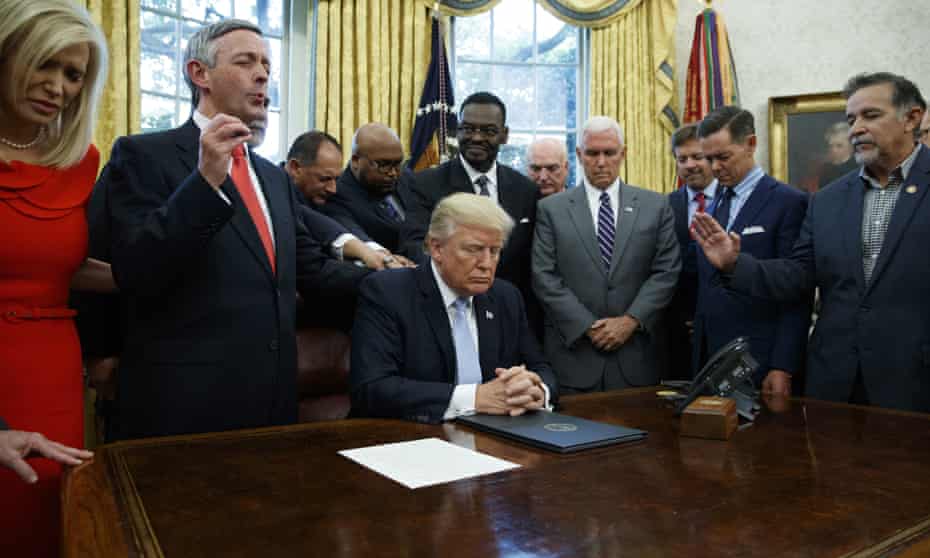Sam Metz
Associated Press
Originally published 3 APR 22
A top leader in The Church of Jesus Christ of Latter-day Saints reaffirmed the faith’s opposition to same-sex marriage and “changes that confuse or alter gender” as debates over gender and sexuality reemerge throughout the United States.
Dallin H. Oaks, the second-highest-ranking leader of the faith known widely as the Mormon Church, told thousands of listeners gathered at a conference center at the church’s Salt Lake City headquarters that what he called “social and legal pressures” wouldn’t compel the church to alter its stances on same-sex marriage or matters of gender identity that he did not specify.
The highest level of salvation, Oaks said, “can only be attained through faithfulness to the covenants of an eternal marriage between a man and a woman. That divine doctrine is why we teach that gender is an essential characteristic of individual pre-mortal, mortal, and eternal identity and purpose.”
Oaks also said church doctrine “opposed changes that confuse or alter gender or homogenize the differences between men and women” and warned that “confusing gender, distorting marriage, and discouraging childbearing” was the devil’s work.
He also implored members of the faith to live peacefully and respect those with beliefs different than their own.
Oaks’ remarks reaffirm the faith’s long-held position on same-sex marriage that it has held to steadfastly even as its softened its policies on other LGTBQ matters, including allowing the children of same-sex couples to be baptized.
The Latter-day Saints’ reaffirmation of their stances comes as debates rage throughout the nation over transgender youth and what kids should learn about gender and sexuality. Officials in Texas have fought to classify gender confirmation surgeries as child abuse and Florida has outlawed instruction on sexual orientation and gender identity in kindergarten through third grade.



















